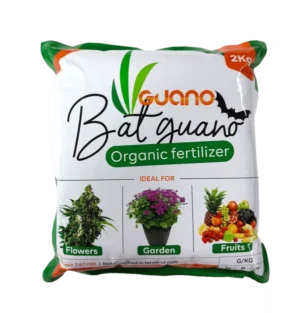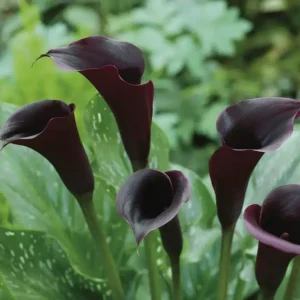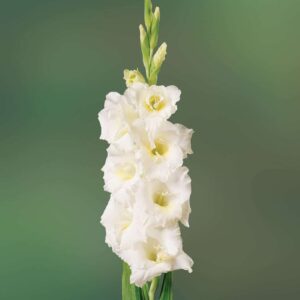Lilium Asiatic White offers pure white, upward-facing blooms. These lilies are hardy and ideal for mass plantings or as cut flowers.
Lilium Asiatic
Vibrant, early-summer lilies perfect for garden beds, borders, and containers.
Bring bold colour and structure to your garden with Lilium Asiatic bulbs. Known for their striking, upward-facing blooms in a range of vivid hues, Asiatic lilies are one of the easiest lilies to grow. With strong stems, non-fragrant flowers, and a compact growth habit, they’re a popular choice for gardens, patios, and floral arrangements.
Each pack contains 5 high-quality bulbs ready to plant in autumn or early spring for a dazzling summer display.
Quick Facts
-
Botanical Name: Lilium Asiaticum
-
Common Name: Asiatic Lily
-
Bloom Time: October to January (Early–Mid Summer)
-
Mature Height: 40–100 cm (varies by variety)
-
Position: Full sun to partial shade
-
Water Needs: Moderate; keep soil moist, not soggy
-
Growth Habit: Upright, clump-forming perennial
-
Fragrance: None (ideal for allergy-sensitive areas)
Planting Information
Planting Time:
-
April – August
-
Best times autumn or early spring
Planting Depth & Spacing:
-
Plant bulbs 10–15 cm deep
-
Space 20 cm apart
-
For containers, use pots at least 30 cm deep with good drainage
Soil Requirements:
-
Well-draining, rich loamy soil
-
Ideal pH: 6.0–6.8 (slightly acidic to neutral)
-
Improve heavy clay with compost and sand
How to Grow Lilium Asiatic
-
Choose the Right Spot:
Select a location with at least 6 hours of direct sunlight daily. In hotter climates, afternoon shade helps prolong flowering. -
Prepare the Soil:
Work compost or well-rotted manure into the planting area. Ensure excellent drainage to prevent bulb rot. -
Plant the Bulbs:
Place each bulb pointed-end up, 10–15 cm deep. Cover with soil and water well after planting. -
Watering:
Keep soil consistently moist during the growing season. Avoid overwatering, especially in containers. -
Feeding:
-
At planting: Use a slow-release bulb fertiliser
-
During growth: Feed fortnightly with a balanced liquid fertiliser
-
After flowering: Apply a potassium-rich fertiliser to strengthen bulbs for the next season
-
-
Mulching:
Add a 5 cm layer of organic mulch to retain moisture and suppress weeds.
Aftercare & Dormancy
-
Deadhead spent blooms to prevent seed formation.
-
Allow leaves and stems to die back naturally – they feed the bulb for future blooms.
-
Reduce watering once the plant enters dormancy.
-
In areas with heavy winter rain, bulbs can be lifted and stored in a dry, cool place until the next planting season.
Pests & Diseases
-
Watch for: Aphids, thrips, and lily beetles (hand removal or neem oil works well)
-
Disease concerns:
-
Botrytis (grey mould): Avoid overhead watering and ensure good air circulation
-
Bulb rot: Improve soil drainage and avoid waterlogging
-
Great Companions
Pairs beautifully with:
-
Freesias
-
Gladiolus
-
Alliums
-
Hostas
Avoid planting with:
-
Other lilies that share pests/disease risks without spacing between them
Why Grow Asiatic Lilies?
-
Bright, long-lasting blooms in rich colours
-
Excellent cut flowers
-
Low maintenance and reliable
-
Perfect for borders, containers, or mass planting
-
No fragrance – safe for scent-sensitive homes








Reviews
There are no reviews yet.